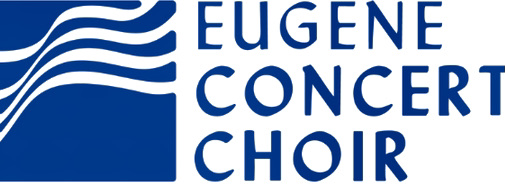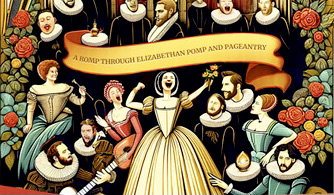By Daniel Buckwalter
Exploring faraway lands through music throughout this season, Eugene Vocal Arts made a stop in Asia on April 7 with a program called Asian Fusion.
It was graceful, eloquent, and fun under the direction of Diane Retallack, and it was a reminder, too, of the universal threads that bind us all, from love and loss to joy and heartbreak.
Works by young and older composers — as well as a gorgeous composition that is one of many variations of an ancient Korean folk piece and which was written years ago by two South Korean men, composer Kim Dong-jin and lyricist Yang Myung-moon — distinguished the program at the Hult Center’s Soreng Theater.
Twelve pieces of music sung in five languages — Chinese, Japanese, Malaysian, Indonesian and Korean — gave the audience a wide variety of each nation’s musical culture. And, as Retallack noted in remarks to the audience, the audience got to hear how the composers cross-pollinated (or fused) the heritage of each of these musical cultures — and even, at times, American musical culture — for choral pieces.
A wonderful example of this came in the program’s second piece, I Came to Your Shore as a Wayfaring Stranger by Saunder Choi, a composer of Filipino-Chinese descent, one of three pieces by Choi that was featured in the concert.
Choi is 36-year-old born in Manila who now lives in Los Angeles and has studied Western classifal, jazz, and musical theater. He takes the legendary American hymn, I Am a Poor Wayfaring Stranger, and weaves his own music into the piece, then adds text from the Indian poet and playwright Rabindranath Tagore.
The result is a lyrical and poignant piece that is captivating from the start and a pleasure to listen to. It was one of the highlights of the concert.
Another lovely highlight came after intermission when soprano Sun Baik, a member of Eugene Vocal Arts who is of Korean descent, took the stage for herself and had the audience transfixed. She delivered a heartfelt and beautiful rendition of Shin Arirang by Kim and Yang.
The two men were shelter mates during the Korean war, and both of them were prolific artists after the war. This particular piece, as noted in program notes by Sarah Kim in The Historical of Gagok (Korean Art Song), is a “poetic description and text painting of the typical Korean landscape,” not a particular reference to the real Arirang Pass near Seoul but rather the perception “that utopia lies on the other side of Arirang Pass.”
And Baik was simply magnificent in the spotlight singing the artful song, accompanied by pianist Nathalie Fortin. She received a well-deserved ovation for that performance.
The Eugene Concert Choir concludes this season’s musical travels with a stop in Germany titled Carmina Burana & Walpurgis Night on April 28 at the Hult Center. The program includes Carl Orff’s Carmina Burana and Felix Mendelssohn’s Die erste Walpurgisnacht.











